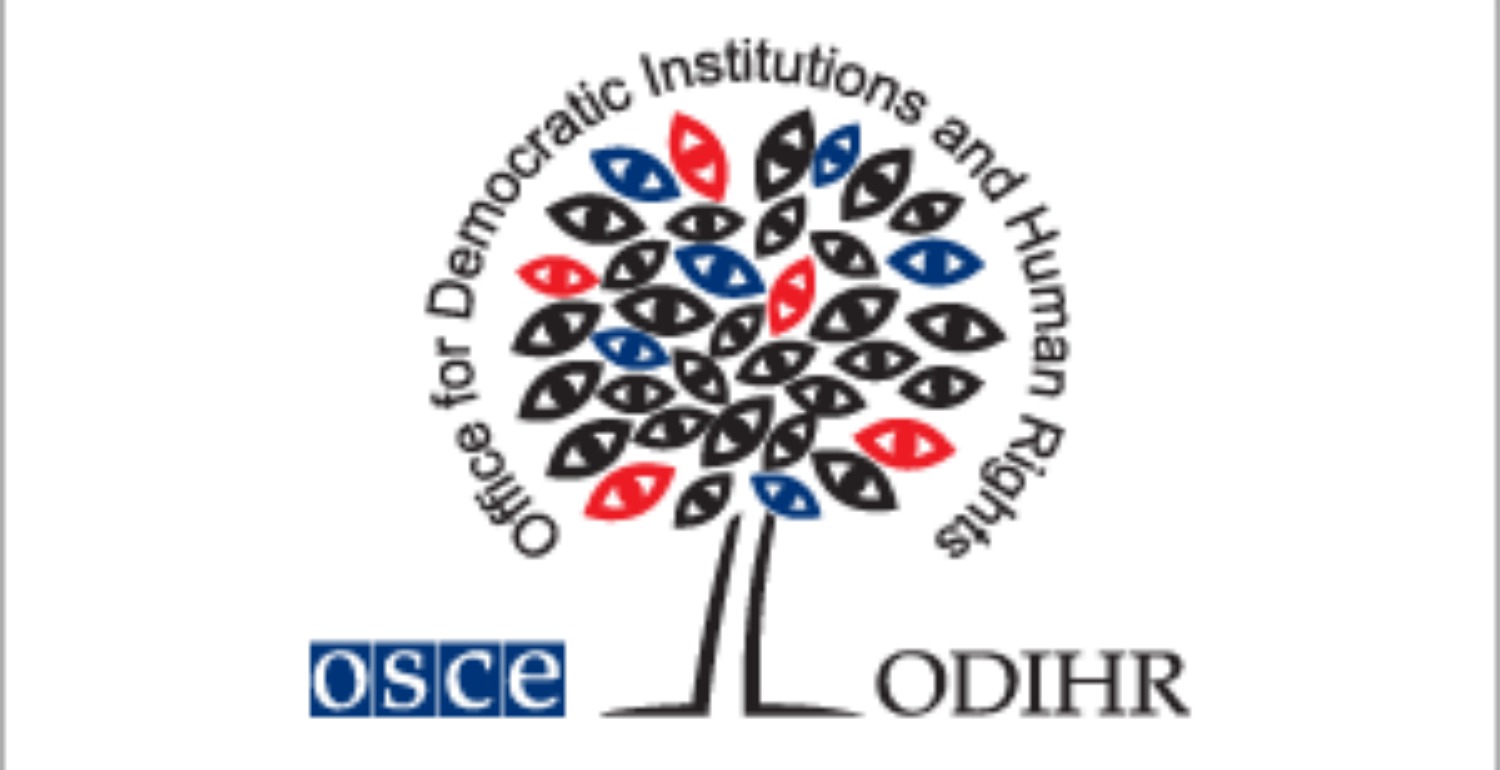This hearing, led by the Helsinki Chairman the Hon. the Hon. Sam Brownback, Co-Chairman the Hon. Christopher H. Smith Office, and ranking member the Hon. Alcee L. Hastings, examined the role that Democratic Institutions and Human Rights (ODIHR) has played over the last fifteen years. ODIHR’s role in advancing human rights and the development of democracy in the OSCE participating States was noted and agreed to be particularly important. ODIHR is engaged throughout Western Europe and the former Soviet Union in the fields of democratic development, human rights, tolerance and non-discrimination, and promotion of the rule of law and has set the international standard for election observation.
Within the hearing, the challenges that ODIHR faces were examined, specifically those instigated by the Russian Federation, Belarus and a small minority of the OSCE participating states seeking to undermine the organization under the guise of reform. ODIHR has earned an international reputation for its leadership, professionalism, and excellence in the area of election observation. That being said, ODIHR’s mission is much broader, encompassing a wide range of human rights activities aimed at closing the gap between commitments on paper and the reality on the ground in signatory countries.







